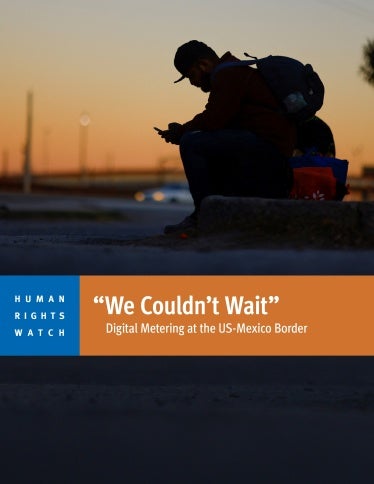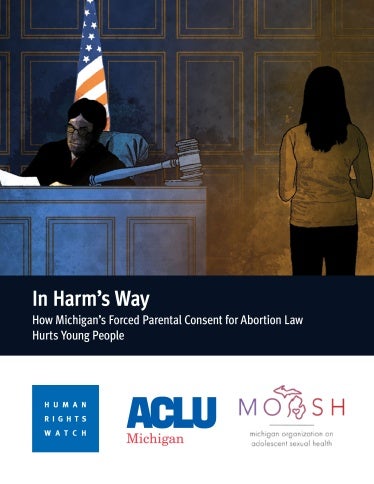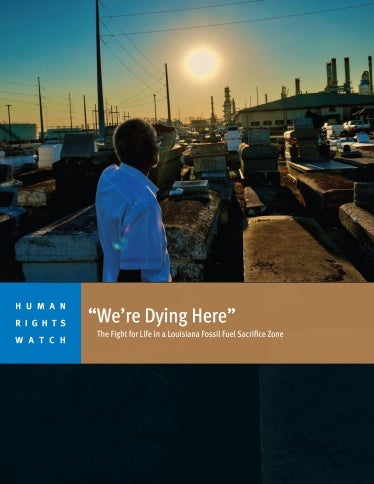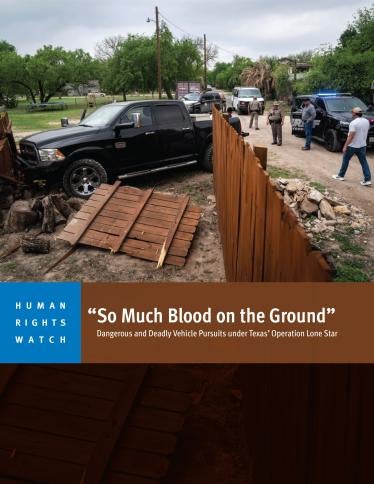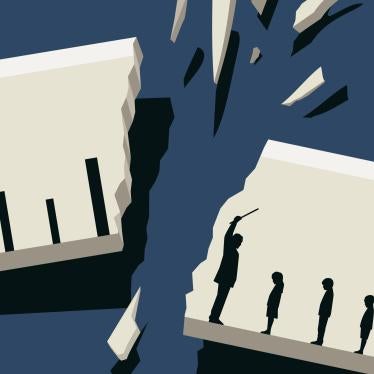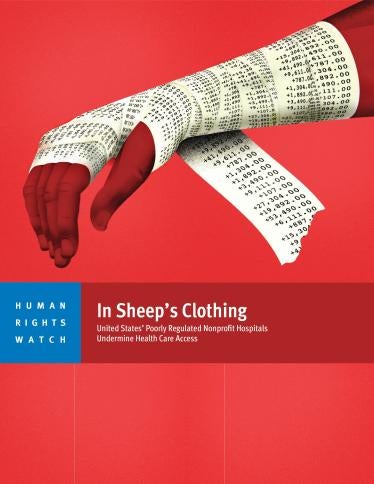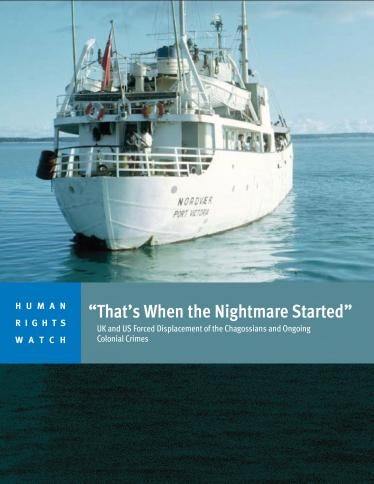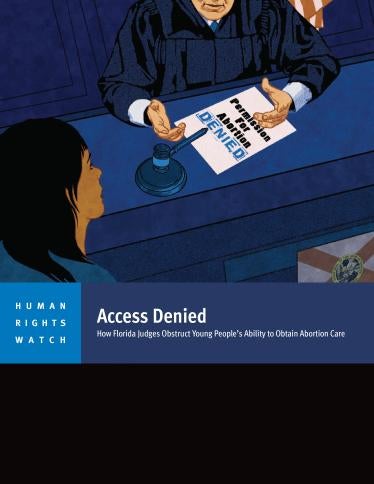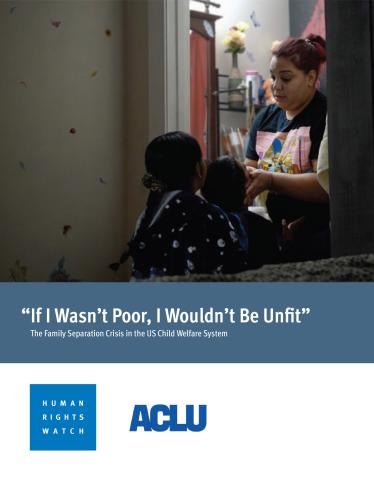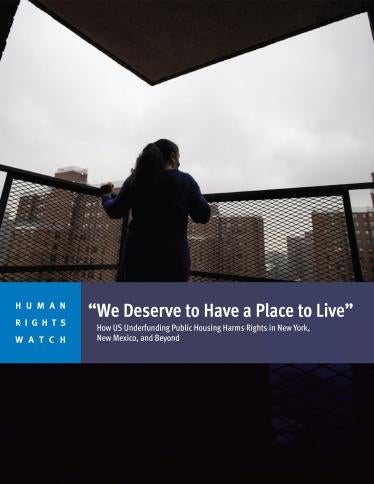Reproductive Rights in the US Wildfire Crisis
Insights From Health Workers in Oregon State
The 78-page report, “Reproductive Rights in the US Wildfire Crisis: Insights from Health Workers in Oregon State,” finds that the US government needs to do more to address the growing threat wildfires pose to maternal and newborn health, particularly in marginalized communities. The organizations documented the impacts of recent wildfires on maternal and newborn health in the state of Oregon, drawing on the experiences of community health workers and maternal health providers, among others.






